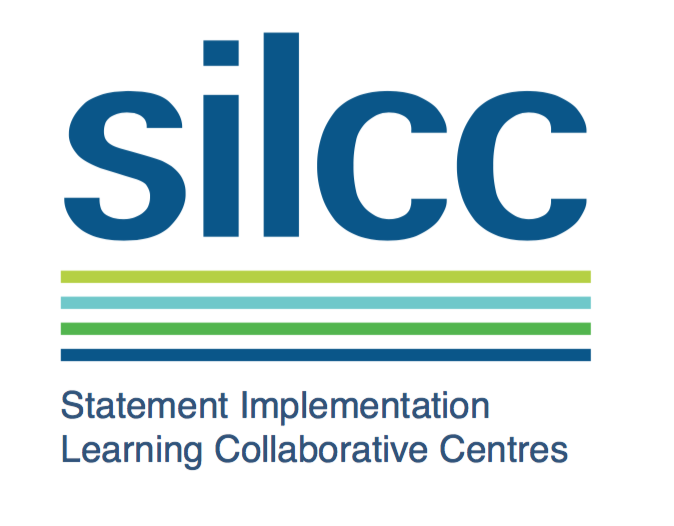“Hospital pharmacists must be involved in the design, specification of parameters and evaluation of ICT within the medicines processes. This will ensure that pharmacy services are integrated within the general Information and Communication Technology (ICT) framework of the hospital including electronic health (eHealth) and mobile health (mHealth) procedures.”
What does it mean for patients?All patients will receive required treatment and care by hospital pharmacists where appropriate. It is important to identify criteria in order to focus on the activities of the hospital pharmacy ensuring the best possible outcome for patients in line with the available resources.
What does it mean for healthcare professionals?Health systems have limited resources and these should be used responsibly. Hospital pharmacists should develop, together with other healthcare professionals, criteria in order to focus on the activities of the hospital pharmacy ensuring the minimal impact for patients.
What does it mean for Hospital Pharmacists?Criteria should be developed in-formally together with other healthcare professionals and administrators. The criteria should be rational, ethical and based on agreement of all parties.
 The Uppsalla University Hospital is SILCC Host providing training on this Statement. Please learn more about the SILCC programme here.
The Uppsalla University Hospital is SILCC Host providing training on this Statement. Please learn more about the SILCC programme here.























